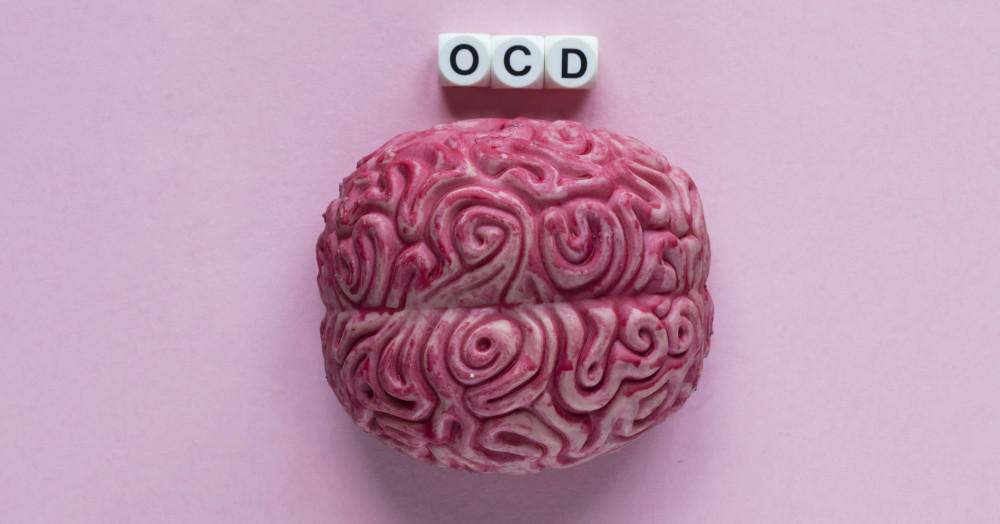There’s a good chance you’ve heard of obsessive compulsive disorder (OCD), but what do you really know about this disorder that affects 1 in 40 adults? Probably not as much as you think.
While common, OCD is an often misunderstood mental health disorder. The term OCD gets thrown out a lot to describe people who are meticulous, organized, or tidy. But OCD is actually a complex, chronic disorder characterized by obsessions and compulsions that can take over a person’s life and make it feel unmanageable.
At Abbey Neuropsychology Clinic in Palo Alto, California, Dr. Richard Abbey and our team specialize in treating OCD. We want to put to rest some of the common myths about OCD so you can learn the facts about this treatable condition.
Myth #1: People who have OCD are neat freaks
One of the common symptoms of OCD is a compulsive need to keep things clean. If you have OCD, you may frequently wash your hands, constantly straighten up your desk, or clean more than the average person.
When you have OCD, these types of cleanliness rituals aren’t just a way to keep things tidy and fresh. Instead, people with OCD often engage in these types of compulsive behaviors to keep their anxiety and emotions under control.
The compulsions that characterize OCD may also manifest in behaviors like hoarding, repeatedly checking things (like if your front door is locked when you leave), and tapping or touching objects.
Myth #2: Symptoms of OCD are obvious
While some of the symptoms of OCD are more apparent than others, it’s not always easy to know when someone has OCD — especially if they haven’t received an official diagnosis.
Simply washing your hands a lot or rearranging things in your kitchen constantly doesn’t mean you have OCD. Many OCD compulsions are done privately (like praying), while others can be done silently, like counting objects before moving on to the next task.
The obsessions that trigger compulsive behaviors are also often internal dialogues that you may not share with others. You may experience fears of things like germs, death, and harming yourself or others but never actually verbalize these fears to someone else.
Often, people with OCD become good at hiding their symptoms so they don’t feel stigmatized for having obsessive and compulsive thoughts and behaviors. That often also means they may miss out on treatment that can help them control their symptoms.
Myth #3: Kids cannot develop OCD
OCD may not be as common in kids as in adults, but kids of all ages can develop the chronic condition. In fact, about 1 in 100 kids has obsessive compulsive disorder.
While OCD can appear in kids of any age, it most typically shows up between ages 8 and 12, and in the period between late teens and early adulthood. Symptoms of OCD tend to appear gradually in kids, but there’s a rare version of pediatric OCD that comes on suddenly after an infection.
If your child is showing signs of OCD like constant worry, anxiety, and engaging in compulsive rituals to keep bad things from happening, it’s always a good idea to have them screened for OCD.
Myth #4: People can stop their OCD behaviors if they try
Getting control over OCD behaviors isn’t as easy as just stopping. The brains of people with OCD are wired differently, making it nearly impossible to control obsessions and compulsions without treatment.
Research has shown that OCD involves a breakdown in communication between the front of the brain and deeper structures. This may be resolved with medications like antidepressants that can help to recalibrate the brain’s neurotransmitters.
There may also be a genetic component to OCD that makes it more difficult to manage on your own.
Myth #5: There is no treatment for OCD
While there’s no cure for OCD, the symptoms can be controlled with the right treatments. We provide psychotherapy such as cognitive behavioral therapy that can help you gain control over your obsessions and compulsions so they no longer control your life.
We can also help to improve your brain function through neurofeedback, which balances your brain waves to alleviate OCD symptoms. When combined with any needed medications, these treatments can help you feel more in control.
Don’t let the myths about OCD keep you from getting the treatment you need. Call our office at 650-215-6840, or book an appointment online today.


Leave a Comment